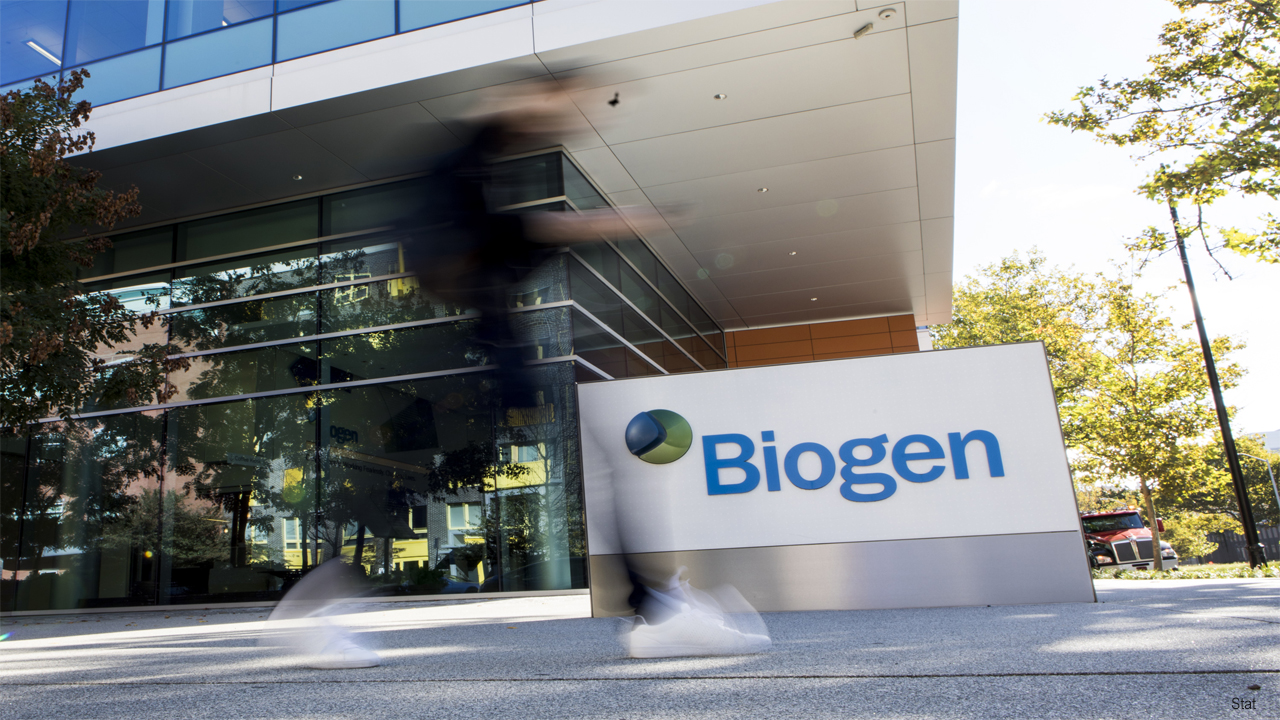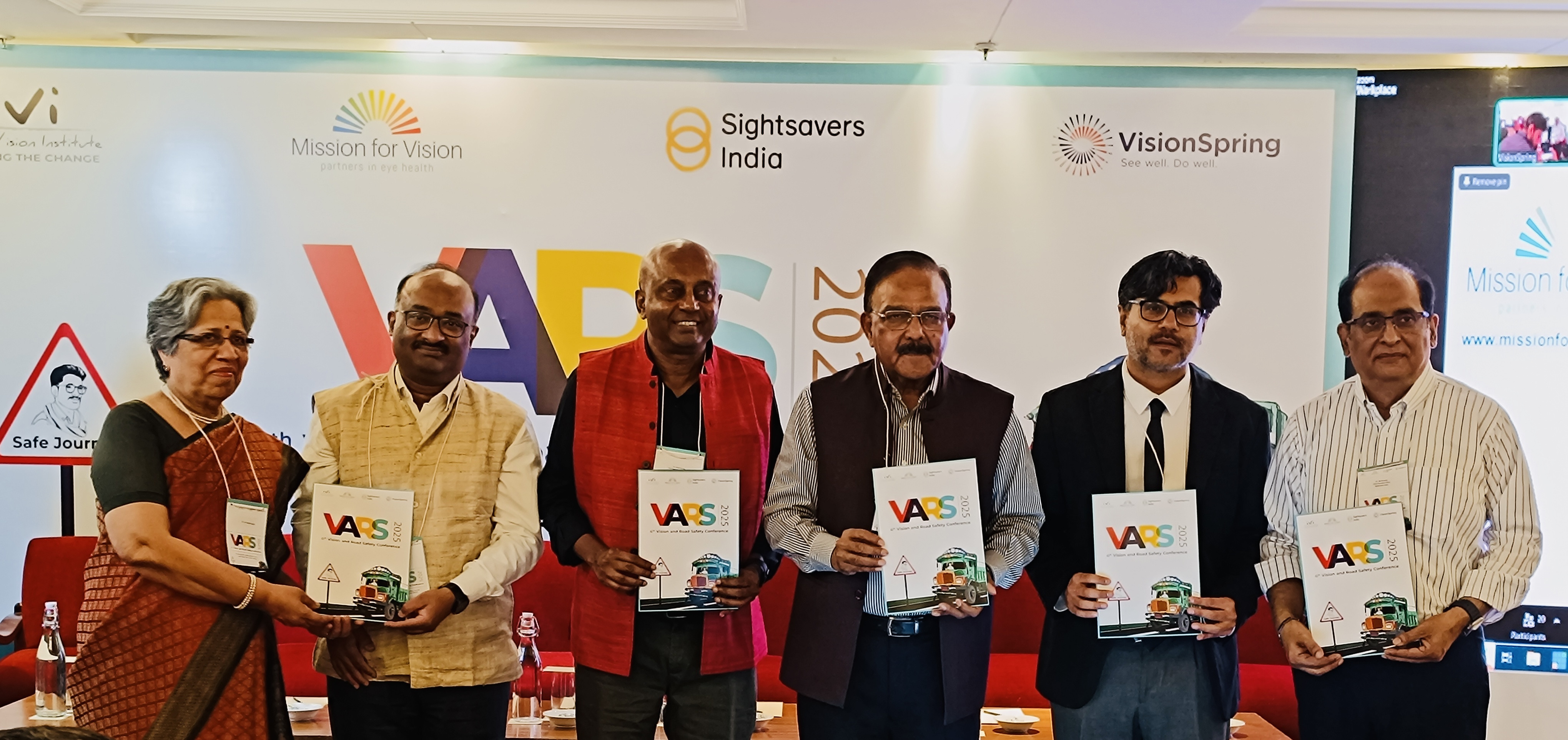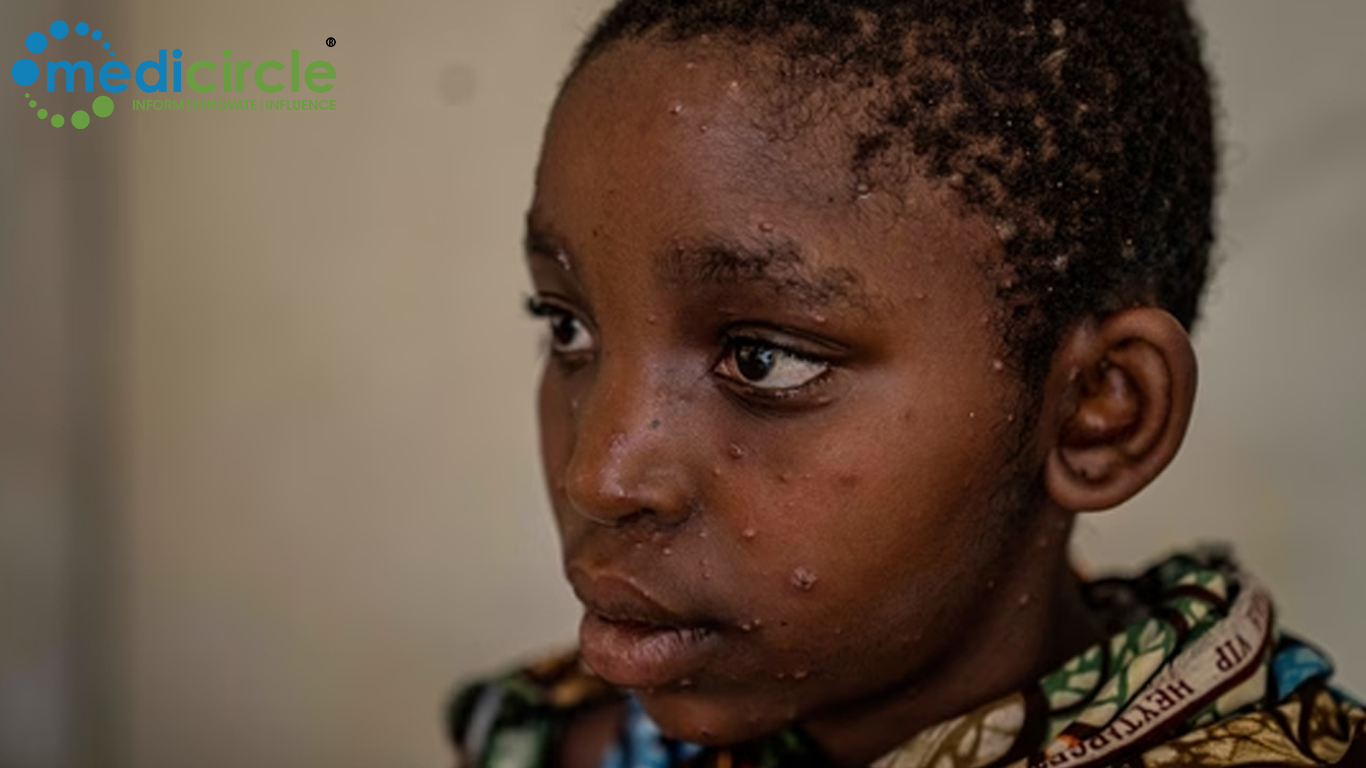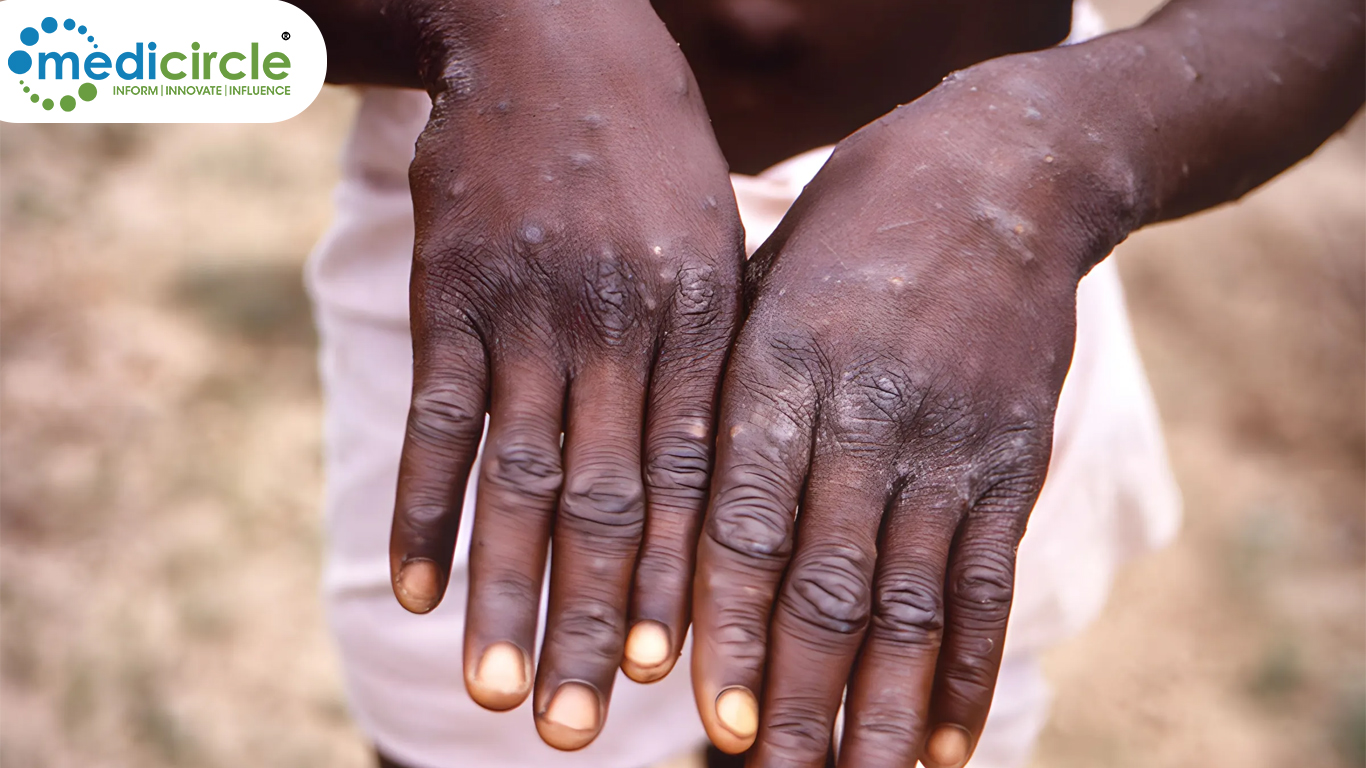Today, Biogen and Eisai, Co., Ltd. announced that Biogen has submitted a Japanese New Drug Application (J-NDA) to the Ministry of Health, Labor and Welfare (MHLW) for aducanumab, an investigational therapy for Alzheimer’s disease. Aducanumab, an amyloid beta-targeting antibody, has been shown in clinical trials to remove amyloid-beta in the brain and significantly slow clinical decline in patients with Mild Cognitive Impairment (MCI) due to Alzheimer’s disease and mild Alzheimer’s disease dementia.
“Japan is the third market where we have applied for regulatory approval for aducanumab, and the filing represents continued progress on our commitment to bring this therapy to patients around the world,” said Michel Vounatsos, Chief Executive Officer at Biogen. “Japan has met the challenges of a rapidly aging population by demonstrating global leadership in setting policies that aim to increase support for Alzheimer’s disease patients and caregivers. We look forward to the regulatory review of aducanumab with the hope that, if approved, it could help further manage the impact of this devastating disease.”
“As Japan has the oldest population in the world, it is anticipated that the social burden of Alzheimer’s disease will continue to grow,” said Dr. Haruo Naito, Chief Executive Officer at Eisai Co., Ltd. “For more than 30 years, Eisai has been dedicated to dementia research and development and working with people living with Alzheimer’s and their caregivers to fight this disease. The filing of the application is an important step in serving patients and their families as aducanumab may help reduce clinical decline and potentially maintain the ability to live an independent life for as long as possible. Aducanumab also has the potential to help address the public health challenges our aging population faces in Japan.”
The Japanese regulatory authority will review the application through the standard review process. In addition to the filing in Japan, aducanumab is under Priority Review with the U.S. Food and Drug Administration, with a Prescription Drug User Fee Act (PDUFA) action date of March 7, 2021, and is also under review with the European Medicines Agency.
About Aducanumab
Aducanumab (BIIB037) is an investigational human monoclonal antibody studied for the treatment of Alzheimer’s disease. Based on clinical data from patients with Mild Cognitive Impairment due to Alzheimer’s disease and mild Alzheimer’s disease, aducanumab has the potential to impact underlying disease pathophysiology, slow cognitive and functional decline, and provide benefits on patients’ ability to perform activities of daily living, including conducting personal finances, performing household chores, such as cleaning, shopping and doing laundry, and independently traveling out of the home. If approved, aducanumab would be the first treatment to meaningfully change the course of the disease for individuals living with Alzheimer’s.
Biogen licensed aducanumab from Neurimmune under a collaborative development and license agreement. Since October 2017 Biogen and Eisai Co., Ltd. has collaborated on the development and commercialization of aducanumab globally.
EMERGE and ENGAGE were Phase 3 multicenter, randomized, double-blind, placebo-controlled, parallel-group studies designed to evaluate the efficacy and safety of aducanumab. The primary objective of the studies was to evaluate the efficacy of monthly doses of aducanumab as compared with placebo in reducing cognitive and functional impairment as measured by changes in the Clinical Dementia Rating-Sum of Boxes (CDR-SB) score. Secondary objectives were to assess the effect of monthly doses of aducanumab as compared to placebo on the clinical decline as measured by the Mini-Mental State Examination (MMSE), Alzheimer’s Disease Assessment Scale-Cognitive Subscale 13 Items (ADAS-Cog 13) and Alzheimer’s Disease Cooperative Study-Activities of Daily Living Inventory Mild Cognitive Impairment Version (ADCS-ADL-MCI).
About Alzheimer’s Disease
Alzheimer’s disease is a progressive neurological condition that impairs thinking, memory, and independence, leading to premature death. The disease currently cannot be stopped, delayed, or prevented and is a growing global health crisis, affecting those living with the disease and their families. According to the World Health Organization (WHO), tens of millions of people worldwide live with Alzheimer’s disease, and the number will grow in the years ahead, outpacing the healthcare resources needed to manage it and costing billions of dollars.
According to the Health, Labor and Welfare Ministry, it is estimated that approximately 4.6 million people live with dementia and about 4 million people live with Mild Cognitive Impairment (MCI) in Japan (2012). Alzheimer’s disease is suspected to represent around 60-70% of dementia cases.
Alzheimer’s disease is characterized by changes in the brain, including the abnormal accumulation of toxic amyloid-beta plaque, which begins approximately 20 years before patients exhibit symptoms of the disease. MCI due to Alzheimer’s disease is one of the earliest stages of the disease when symptoms start to be more visible and can be detected and diagnosed. Current research efforts are focused on catching and treating patients as early as possible for the best chance of slowing or stopping the progression of Alzheimer’s disease.
About Biogen
At Biogen, our mission is clear: we are pioneers in neuroscience. Biogen discovers, develops, and delivers worldwide innovative therapies for people living with serious neurological and neurodegenerative diseases as well as related therapeutic adjacencies. One of the world’s first global biotechnology companies, Biogen was founded in 1978 by Charles Weissmann, Heinz Schaller, Kenneth Murray, and Nobel Prize winners Walter Gilbert and Phillip Sharp. Today Biogen has the leading portfolio of medicines to treat multiple sclerosis, has introduced the first approved treatment for spinal muscular atrophy, commercializes biosimilars of advanced biologics, and is focused on advancing research programs in multiple sclerosis and neuroimmunology, Alzheimer’s disease and dementia, neuromuscular disorders, movement disorders, ophthalmology, immunology, neurocognitive disorders, acute neurology, and pain.
About Eisai Co., Ltd.
Eisai Co., Ltd. is a leading global pharmaceutical company headquartered in Japan. Eisai’s corporate philosophy is based on the human health care (hhc) concept, which is to give first thought to patients and their families and to increase the benefits that health care provides to them. With a global network of R&D facilities, manufacturing sites, and marketing subsidiaries, we strive to realize our hhc philosophy by delivering innovative products to target diseases with high unmet medical needs, with a particular focus on our strategic areas of Neurology and Oncology.
Leveraging the experience gained from the development and marketing of a treatment for Alzheimer’s disease, Eisai aims to establish the “Eisai Dementia Platform.” Through this platform, Eisai plans to deliver novel benefits to those living with dementia and their families through constructing a “Dementia Ecosystem,” by collaborating with partners such as medical organizations, diagnostic development companies, research organizations, and bio-ventures in addition to private insurance agencies, finance industries, fitness clubs, automobile makers, retailers, and care facilities

 Today, Biogen and Eisai, Co., Ltd. announced that Biogen has submitted a Japanese New Drug Application (J-NDA) to the Ministry of Health, Labor and Welfare (MHLW) for aducanumab, an investigational therapy for Alzheimer’s disease.
Today, Biogen and Eisai, Co., Ltd. announced that Biogen has submitted a Japanese New Drug Application (J-NDA) to the Ministry of Health, Labor and Welfare (MHLW) for aducanumab, an investigational therapy for Alzheimer’s disease. 






.png)

.png)










.jpeg)


.jpeg)



.jpeg)
.jpeg)






.jpeg)





